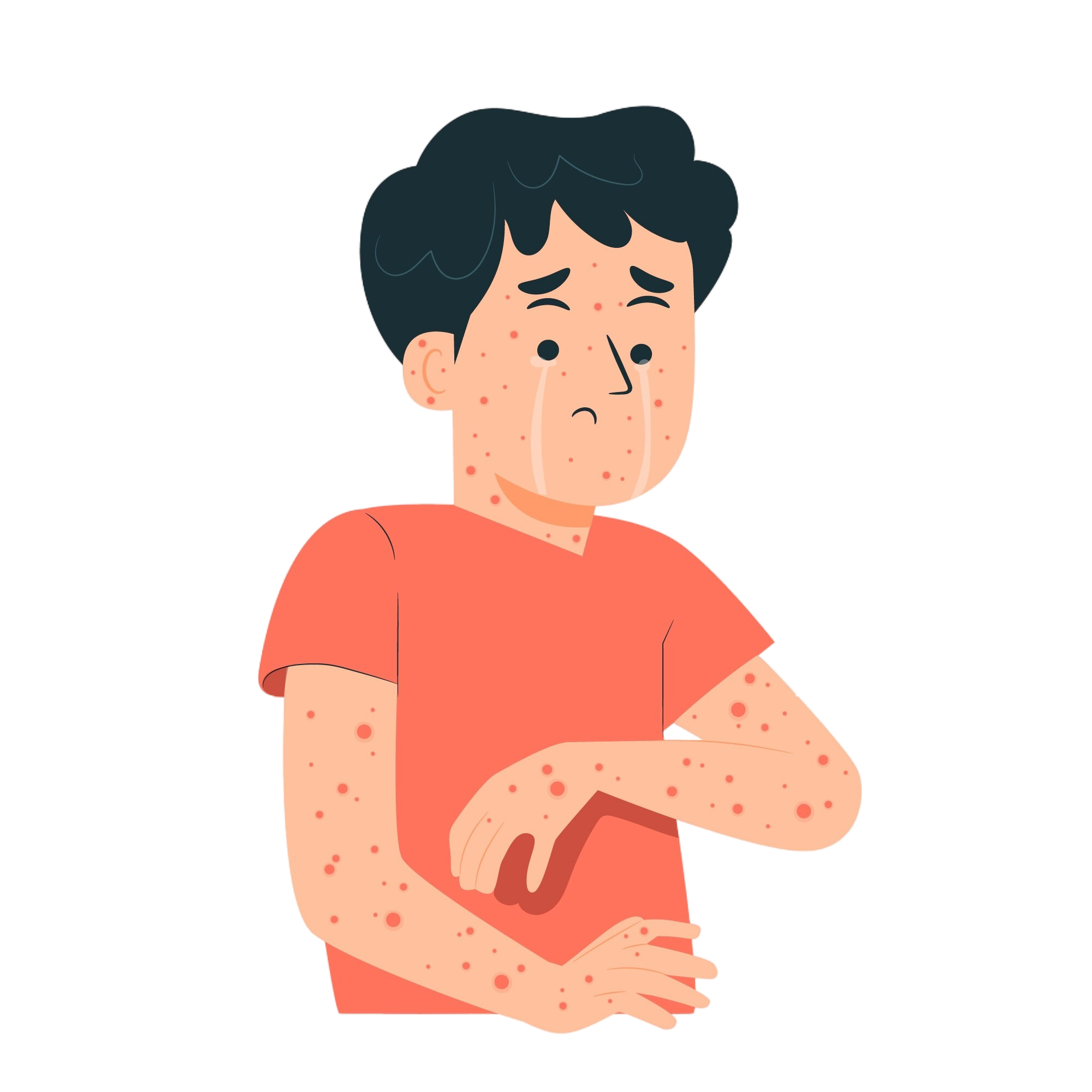Find the Best Foreskin Infection Doctors Online in Top Cities
Enter Your Details to know more

Enter Your Details to Proceed For Foreskin Infection
I Don’t want to enter my number
What is an Foreskin Infection?
A foreskin infection, also known as balanitis, is an inflammation of the foreskin and the glans (head) of the penis. This condition can cause discomfort, pain, and other symptoms. It can affect males of all ages but is more common in uncircumcised males. If left untreated, it can lead to more severe complications.
Symptoms of Foreskin Infection
The symptoms of a foreskin infection can vary but commonly include:
- Redness and Swelling: Inflammation of the foreskin and glans.
- Pain and Discomfort: Especially during urination or sexual activity.
- Itching or Burning Sensation: Persistent itching or burning.
- Discharge: White, yellow, or foul-smelling discharge from the foreskin.
- Difficulty Retracting the Foreskin: Tightness and difficulty in pulling back the foreskin.
- Sores or Ulcers: In severe cases, open sores or ulcers may develop on the foreskin or glans.
Diagnosis and Treatment
If you suspect you have a foreskin infection, it’s important to consult a healthcare professional for a proper diagnosis. They may perform a physical examination and recommend tests such as:
- Swab Test: To identify the type of infection (bacterial, fungal, or viral).
- Urine Test: To check for other infections, such as STIs.
- Blood Test: To check for underlying conditions like diabetes.
Advantages of Foreskin Infection
- Improved Comfort: Alleviates pain and discomfort associated with frenulum breve.
- Enhanced Sexual Function: Allows for a more comfortable sexual experience.
- Minimally Invasive: A relatively simple and quick procedure with minimal recovery time.
- High Success Rate: Generally effective in resolving issues related to a tight frenulum.
Treatment Options
- Good Hygiene Practices: Regular cleaning of the foreskin and glans with warm water and mild soap.
- Topical Medications: Antifungal creams for fungal infections, antibiotic ointments for bacterial infections, and corticosteroid creams to reduce inflammation.
- Oral Medications: Oral antibiotics or antifungal medications for more severe infections.
- Avoid Irritants: Discontinue the use of any soaps, lotions, or detergents that may be causing irritation.
- Managing Underlying Conditions: Control blood sugar levels in diabetic patients.
- Circumcision: In recurrent or severe cases, circumcision may be recommended to prevent further infections.
Prevention
While not all foreskin infections can be prevented, certain measures can reduce the risk:
- Maintain Good Hygiene: Clean the foreskin and glans regularly and thoroughly.
- Avoid Irritants: Use mild, unscented soaps and detergents.
- Safe Sexual Practices: Use protection during sexual activity to prevent STIs.
- Manage Health Conditions: Keep conditions like diabetes well-controlled.
Conclusion
Foreskin infections can be uncomfortable and potentially serious if left untreated. Understanding the causes, symptoms, and treatment options can help in managing and preventing this condition. If you experience symptoms of a foreskin infection, consult a healthcare professional to discuss the best treatment plan for your situation.
